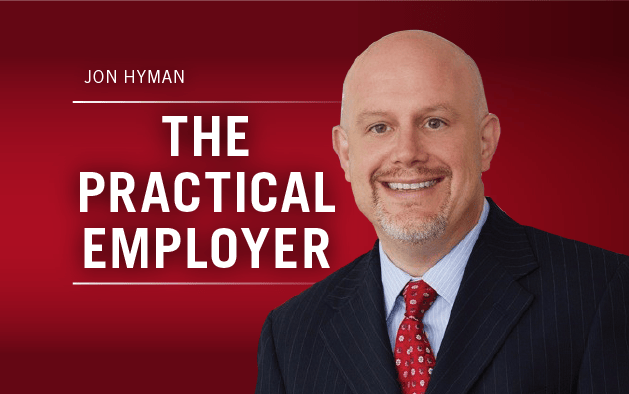The sign on the door of Platform Beer’s Columbus, Ohio, taproom reads: “The entire Platform Columbus crew has quit. The taproom is closed until further notice. Thank you!”
-vs-
Oliver Northern, the employee leading the walkout, told Alive Columbus that “employees started seriously discussing walking out about a week ago, frustrated by a growing list of grievances that he said the company had not taken steps to address.” He added that they initially intended to use the walkout as a bargaining tool with management, but that conditions had gotten so bad that no one had any interest in remaining with the company no matter its response.
What does it all mean?
1. If these employees simply walked off the job in protest instead of quitting their jobs, an alphabet soup of employment laws would have protected their jobs. The NLRA (protected concreted activity), FLSA (wage and hours), and OSHA (safety) are just a few examples of anti-retaliation protections these employees would enjoy. Because, however, these employees quit, these anti-retaliation measures are largely moot (although I could craft an argument that post-employment retaliatory acts such as defamation could still trigger one or more of these statutes).
2. This employer has a massive PR mess. No matter how meritorious or genuine the employees’ claims, the employees thought enough of them to quit their jobs en masse. An employer simply cannot allow these issues to fester until they boil over into a mass protest. If an employer doesn’t know that its employees have these concerns, then that employer’s managers and supervisors aren’t doing their jobs. They are your eyes and ears, and they must understand their role as such.
Moreover, open-door policies and other prophylactic measures aren’t worth their weight if you don’t take them (and the issues employees bring to you) seriously.




